Shakespeare’s ‘Wars of the Roses’ will have no ethnic minority actors in the cast when the shows (two Henry VI plays and Richard III) open at the Rose Theatre, Kingston upon Thames, later this month. A sprinkling of so-called BME (black and minority ethnic) actors in Shakespeare has been the norm for ages now. So the decision by the director to go with an all-white cast has caused much hurt and concern from the actor’s union Equity, the Guardian, and from various groups promoting racial diversity in the arts.
From all the fuss, you’d think the plays are being directed by a hooded white supremacist. In fact they are being done by Trevor Nunn, former boss of both the Royal Shakespeare Company and the National Theatre, and not a chap you could accuse of political incorrectness. This is the man who once said that calling actors ‘luvvies’ in public was as offensive as using the n-word. Sir Trev does not have a racist bone in his body and no one has done more than he to update and popularise Shakespeare’s plays for modern audiences. His mistake on this occasion was, perhaps, to explain himself. His theory is that by casting the rival Yorkist and Lancastrian factions with white actors only, it’ll be easier for us to work out who everyone is. ‘Everything possible must be done to clarify for an audience who is related by birth to whom. Hence, I decided that, in this instance, these considerations should take precedence over my usual diversity inclination.’
I for one am happy to let him to do what he wants. But his argument doesn’t hold water. Fifteen years ago, when the RSC did this same cycle of plays, they featured David Oyelowo (now a film star) as Henry VI. He was the first black monarch at Stratford. He was so charismatic that it took less than ten seconds to adjust to the idea of a Nigerian-born Plantagenet. If an actor’s any good you don’t notice their colour. Besides, the medieval verisimilitude Nunn argues for is not possible unless you use only pasty, pox-scarred, five foot tall actors with green teeth. Even then the plays would be confusing because, well, they just are. In retrospect, it would have been better for Nunn to have said: ‘I’m doing them my way, it’s a project I have dreamed of doing for 50 years, judge it when you’ve seen them, until then please shut up.’
The whole question of minority quotas in the performing arts is currently a very vexed topic. In subsidised London venues, the ratio of black lead actors is about 5 per cent, rising to 7 per cent in the regions. This is too low, so Rufus Norris, artistic director of the National Theatre, is giving employment quotas a serious think. He dares, just, to cling to the idea of artistic excellence for the time being but one can see him caving in.
Nor is it just racial minorities who are banging the drum. Jenny Sealey, director of leading disabled theatre company Graeae, thinks producers who don’t employ disabled actors should actually be fined. It’s the opera world that particularly offends her. ‘There is no diversity whatsoever inside those opera houses, and that is disgusting,’ she said. But however ardent their hopes and dreams, for people with serious physical impairments — like not being able to sing — one wonders if a career on stage is a realistic ambition?
And what if a disability of some sort were to become a legal requirement for, say, 5 per cent of the jobs on stage? As The Spectator’s Lloyd Evans pointed out in his blog, out-of-work actors are an inventive lot: they will have no trouble faking exotic medical conditions, stammers, limps, learning difficulties and the rest of it. Who’s going to police the auditions? As things are, most able-bodied actors never get any work. It’s a life fraught with rejection. Most actors just sit at home doing sudoku and wait for their agent to ring while watching actors with famous parents in the business get all the jobs.
Gender rights, too, are being infringed. The director of the RSC (a company whose overall work force is 50-50 men and women) is under constant pressure, poor man, from women directors, some of whom think half of the actors on stage should be female. Audiences might just wear it. Maxine Peake, for example, was a fantastic Hamlet (Polonius was a woman, too, called Polonia) last year in Manchester. Recent all-women casts of Julius Caesar and Henry IV proved very popular. But you can do what you like with Shakespeare because his work is infinitely adaptable and he never complains. It’s less easy with new writing. The male white director of Headlong theatre company has announced the company would like half the plays they put on to be by women. A ridiculous idea when you think about it, reeking of sanctimony. Why should women write more plays just to please him? Quotas are for milk, not the stage.
The ‘Wars of the Roses’ is far more important for what it’s got to say than who is in it. It’s being promoted as Shakespeare’s Game of Thrones, but it is really much more like the Godfather films. It was a great landmark when the plays opened in Stratford, staged by the then fledgling RSC, in 1963. Directed by Peter Hall, there were swingeing cuts to the text and, more controversially, over 1,000 pastiche lines added by John Barton; the impenetrable bits of the three Henry VI plays were cut and turned into a thrilling two-part prequel to Richard III.
Trevor Nunn, who as a twenty-something director was mentored by Peter Hall and John Barton, has apparently wanted to re-stage this production for years. He now has the Rose Theatre at his disposal, a modern building whose stage configuration is modelled on the original Rose in London, where the plays were first staged. Joely Richardson will play Queen Margaret — ‘the she-wolf of France’ — who has an affair with the Duke of Suffolk and later mournfully carries his severed head around the stage. Maddened by the murder of her husband (Henry VI) and her son, she ends up in Richard III raining curses on him like a demented bag lady.
Although he staged them in chain-mail, in 1963 Peter Hall clearly thought Shakespeare had a great deal to say about the horrors of the Cold War era. So did a captivated audience. The whole point of doing these plays about war and grief is to find some sort of demand on our current attention. True, it seems rather retro to be staging them with a cast that reflects Britain as it was 50 years ago. But the project is nothing if not a labour of love. Nunn has brought in colleagues with whom he goes back decades: the designer John Napier, composer Guy Woolfenden and fight director Malcolm Ranson. It promises to be a clanging, bashing, artery-spraying epic — with a guest appearance by Joan of Arc — that all ends in an act of tyrannicide at the battle of Bosworth. What a shame the theatre’s most exciting autumn event has been soured before it’s opened.
Got something to add? Join the discussion and comment below.
Get 10 issues for just $10
Subscribe to The Spectator Australia today for the next 10 magazine issues, plus full online access, for just $10.
‘Wars of the Roses’ is at the Rose Theatre, Kingston upon Thames, 16 September to 31 October.
You might disagree with half of it, but you’ll enjoy reading all of it. Try your first month for free, then just $2 a week for the remainder of your first year.

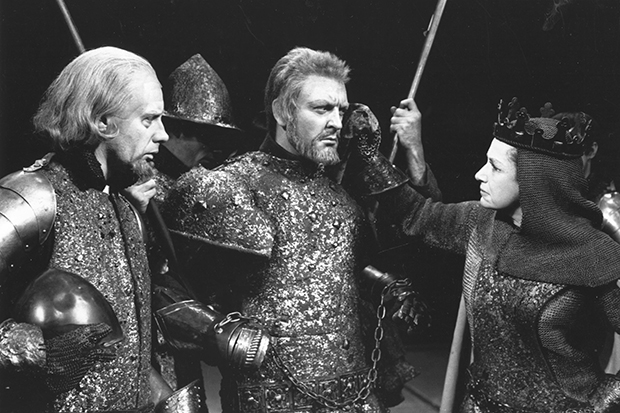
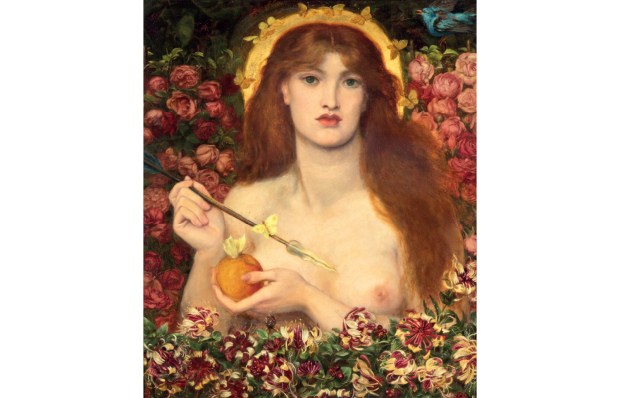
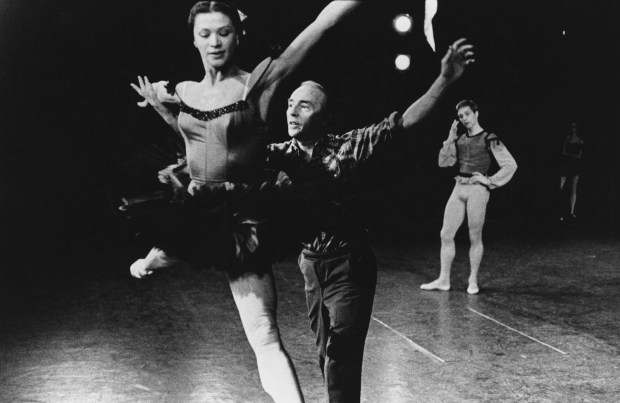
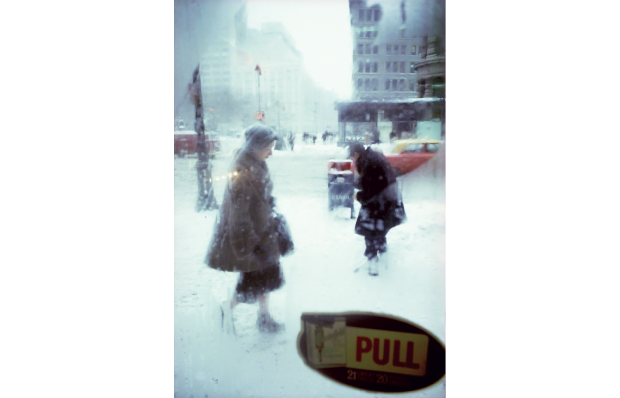


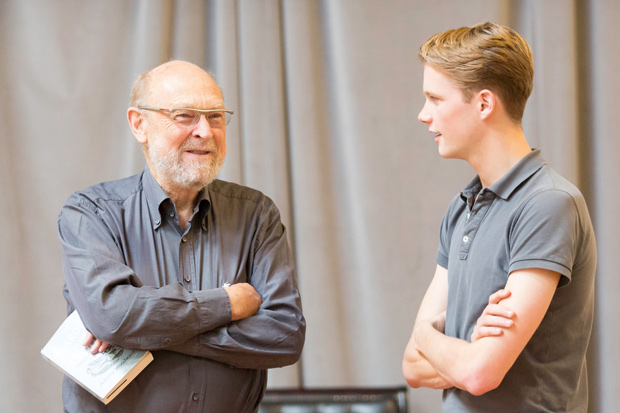






Comments
Don't miss out
Join the conversation with other Spectator Australia readers. Subscribe to leave a comment.
SUBSCRIBEAlready a subscriber? Log in